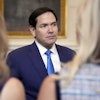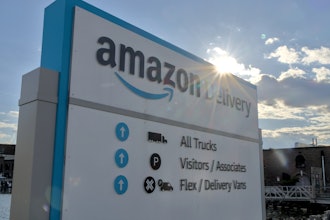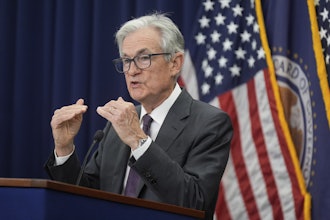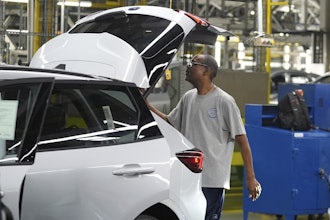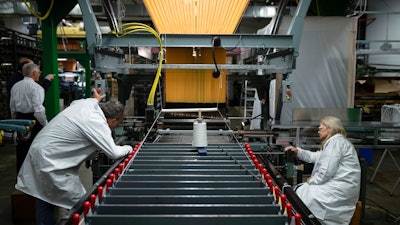
PARIS (AP) — The world economy is picking up speed but faces big political uncertainties and needs to be reformed to make growth work for a broader swath of people, a global policy watchdog said Wednesday.
The Organization for Economic Cooperation and Development predicted in its latest global outlook report that world growth would accelerate from 3 percent in 2016 to 3.6 percent in 2018.
The OECD, whose members comprise the richest economies in the world and that serves as a policy think tank, expects an improvement in the United States, stable growth in the 19-country eurozone and a slowdown in Japan and China.
It said businesses and consumers are increasingly confident and employment, industrial production and trade are all recovering.
Global growth remains below long-term averages, however, and wages are not yet growing as much as hoped. Integration across countries in industrial activity has improved living standards overall, but it has also led to job losses, particularly in manufacturing in some countries and regions, the report noted.
Protecting manufacturing jobs in the U.S. has been one of the rallying cries of President Donald Trump, who wants to renegotiate international trade deals he sees as unfair.
The OECD said that "more effective targeted policies are needed to support people and regions that risk getting left behind" by the globalization of business. But it warned that governments must work together to encourage growth, innovation and jobs.
"Policymakers cannot be complacent," said OECD Chief Economist Catherine Mann.
